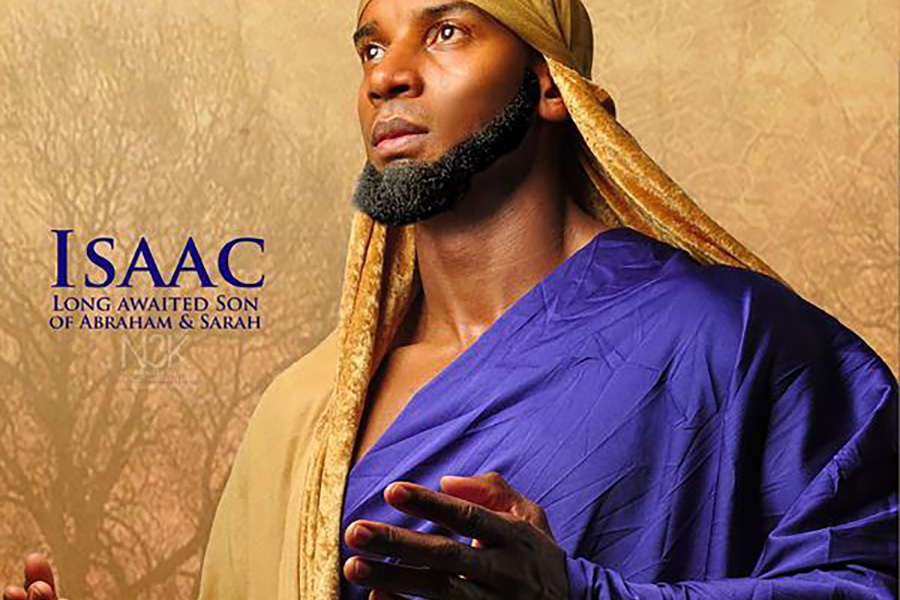The word yaāqab (𐤉𐤏𐤒𐤁) or “Jacob” also means James. It is also the name of 𐤉𐤔𐤓𐤀𐤋 (Yasharaal) before it was changed by an 𐤀𐤋𐤄𐤉𐤌 (alahayam). He is the younger twin 𐤀𐤇 (akh) of 𐤏𐤔𐤅 (Āshau) aka 𐤀𐤃𐤅𐤌 (Adauam). However, most importantly he is the 𐤀𐤁 (ab) of twelve 𐤁𐤍𐤉𐤌 (banayam) and one 𐤁𐤕 (bat). He is the most important person in the history of the 𐤉𐤔𐤓𐤀𐤋𐤉𐤌 (Yasharaalayam).
The Paleo-Hebrew language or the original language of the Ābarayam is one spoken with an emphasis on the rauakh (breath, wind, spirit). With the language of the Ābarayam, each letter has a meaning and a number associated with it that adds meaning to each word they’re used with. Below you will be able to learn more about the letter in Ancient Hebrew, Yiddish Hebrew, Greek, and much more.
Letter Meanings
| Letter | Meaning |
|---|---|
| 𐤉 (y) – ya | arm, hand, work, thrust, deed, make, throw, worship Prefix: he/she, turns a word third person |
| 𐤏 (ā) – ā | eye, to see, experience, watch, heed, know, cover, color |
| 𐤒 (q) – qa | divide, sun on horizon, behind, gather, condense, go around, circle |
| 𐤁 (b) – ba | House, family, “in” |
| Ābarayat Number | |
| Hebrew Gematria | |
| English Gematria | |
| Simple Gematria |
Based on the meaning of the letters the word could be defined as:
- “creation of word to gather a family”
- “worship of word to gather a family”
- “creation of sword to divide a family”
- “worship of sword to divide a family”
Definitions for 𐤉𐤏𐤒𐤁 / yaāqab
| Language | Word | Transliteration | Pronunciation | Definition |
|---|---|---|---|---|
| Ābarayat | 𐤉𐤏𐤒𐤁 | yaāqab | ya-eh-kab | |
| English | Jacob James | Jacob James | jey-kuhb jeymz | (1) the second son of Isaac, the twin brother of Esau, |
| Hebrew | יַעֲקֹב | Yaaqob | yah-ak-obe’ | a son of Isaac, also his descendant |
| Arabic | يعقوب | yaequb | yah-ak-obe’ | Jacob |
| Greek | Ἰακώβ | Iakób | ee-ak-obe’ | Jacob, the son of Isaac, also the father of Joseph, Mary’s husband |
The Birth
𐤉𐤏𐤒𐤁 (Yaāqab) and his twin 𐤀𐤇 (akh), 𐤏𐤔𐤅 (Āshau), were born to 𐤉𐤑𐤇𐤒 (Yatsakhaq) and 𐤓𐤁𐤒𐤄 (Rabaqah) after 20 years of marriage when 𐤉𐤑𐤇𐤒 (Yatsakhaq) was 60 years of age. 𐤓𐤁𐤒𐤄 (Rabaqah) was uncomfortable during her pregnancy and went to inquire of 𐤉𐤄𐤅𐤄 (Yahauah) / 𐤉𐤄𐤉𐤄 (Yahayah) why she was suffering. She received the prophecy that twins were fighting in her womb and would continue to fight all their lives, even after they became two separate nations. The prophecy also said that “the one people shall be stronger than the other people, and the elder shall serve the younger”
When the time came for 𐤓𐤁𐤒𐤄 (Rabaqah) to give birth, the 𐤁𐤊𐤅𐤓 (bakauar), 𐤏𐤔𐤅 (Āshau), came out covered with red hair, as if he were wearing a hairy garment, and his heel was grasped by the hand of 𐤉𐤏𐤒𐤁 (Yaāqab), the secondborn. The boys displayed very different natures as they matured. “… and Esau was a cunning hunter, a man of the field; but Jacob was a simple man, dwelling in tents”. Moreover, the attitudes of their parents toward them also differed: “And Isaac loved Esau, because he did eat of his venison: but Rebecca loved Jacob.”
The Birthright and Blessings
𐤁𐤓𐤀𐤔𐤉𐤕 (BaRaashayat) 25:29–34 tells the account of 𐤏𐤔𐤅 (Āshau) selling his birthright to his younger 𐤀𐤇 (akh). This passage tells that 𐤏𐤔𐤅 (Āshau), returning famished from the fields, begged his 𐤀𐤇 (akh) to give him some of the stew that he had just made. The younger 𐤀𐤇 (akh) offered to give 𐤏𐤔𐤅 (Āshau) a bowl of stew in exchange for his birthright, to which 𐤏𐤔𐤅 (Āshau) agreed.
As 𐤉𐤑𐤇𐤒 (Yatsakhaq) aged, he became blind and was uncertain when he would die, so he decided to bestow 𐤏𐤔𐤅 (Āshau)’s birthright upon him. He requested that 𐤏𐤔𐤅 (Āshau) go out to the fields with his weapons (quiver and bow) to kill some venison. 𐤉𐤑𐤇𐤒 (Yatsakhaq) then requested that 𐤏𐤔𐤅 (Āshau) make “savory meat” for him out of the venison, according to the way he enjoyed it the most so that he could eat it and bless 𐤏𐤔𐤅 (Āshau).
𐤓𐤁𐤒𐤄 (Rabaqah) overheard this conversation. It is suggested that she realized prophetically that 𐤉𐤑𐤇𐤒 (Yatsakhaq)’s blessings should go to the younger 𐤀𐤇 (akh) instead of 𐤏𐤔𐤅 (Āshau) since she was told before the twins’ birth that the older 𐤁𐤍 (ban) would serve the younger. 𐤓𐤁𐤒𐤄 (Rabaqah) quickly ordered her 𐤁𐤍 (ban) to bring her two kid goats from their flock so that he could take 𐤏𐤔𐤅 (Āshau)’s place in serving 𐤉𐤑𐤇𐤒 (Yatsakhaq) and receiving his blessing.
He protested that his 𐤀𐤁 (ab) would recognize their deception since 𐤏𐤔𐤅 (Āshau) was hairy and he himself was smooth-skinned. He feared his 𐤀𐤁 (ab) would curse him as soon as he felt him, but 𐤓𐤁𐤒𐤄 (Rabaqah) offered to take the curse herself, then insisted that he obey her. He did as his 𐤀𐤌 (am) instructed and, when he returned with the kids, 𐤓𐤁𐤒𐤄 (Rabaqah) made the savory meat that 𐤉𐤑𐤇𐤒 (Yatsakhaq) loved. Before she sent him to his 𐤀𐤁 (ab), she dressed him in 𐤏𐤔𐤅 (Āshau)’s garments and laid goatskins on his arms and neck to simulate hairy skin.
Disguised as 𐤏𐤔𐤅 (Āshau), he entered 𐤉𐤑𐤇𐤒 (Yatsakhaq)’s room. Surprised that 𐤏𐤔𐤅 (Āshau) was back so soon, 𐤉𐤑𐤇𐤒 (Yatsakhaq) asked how it could be that the hunt went so quickly. He responded, “Because the LORD your God brought it to me.” 𐤉𐤑𐤇𐤒 (Yatsakhaq) demanded that he come close so he could feel him, but the goatskins felt just like 𐤏𐤔𐤅 (Āshau)’s hairy skin.
Confused, 𐤉𐤑𐤇𐤒 (Yatsakhaq) exclaimed, “The voice is Jacob’s voice, but the hands are the hands of Esau!” Still trying to get at the truth, 𐤉𐤑𐤇𐤒 (Yatsakhaq) asked him directly, “Art thou my very son Esau?” and he answered simply, “I am.” 𐤉𐤑𐤇𐤒 (Yatsakhaq) proceeded to eat the food and drink the wine that was given to him and then told him to come close and kiss him.
As 𐤉𐤏𐤒𐤁 (Yaāqab) kissed his 𐤀𐤁 (ab), 𐤉𐤑𐤇𐤒 (Yatsakhaq) smelled the clothes which belonged to 𐤏𐤔𐤅 (Āshau) and finally accepted that the person in front of him was 𐤏𐤔𐤅 (Āshau). 𐤉𐤑𐤇𐤒 (Yatsakhaq) then blessed his youngest child with the blessing that was meant for 𐤏𐤔𐤅 (Āshau).
The blessing given was: “Therefore God give thee of the dew of heavens, and the fatness of the earth, and plenty of corn and wine: Let people serve thee: be lord over thy brethren, and let thy mother’s sons bow down to thee: cursed be every one that curseth thee, and blessed be he that blesseth thee.” after receiving the blessing he scarcely left the room when 𐤏𐤔𐤅 (Āshau) returned from the hunt to prepare his game and receive the blessing.
The realization that he had been deceived shocked 𐤉𐤑𐤇𐤒 (Yatsakhaq), yet he acknowledged that the youngest had received the blessings by adding, “Indeed, he will be [or remain] blessed!” 𐤏𐤔𐤅 (Āshau) was heartbroken by the deception and begged for his own blessing. Having made his youngest a ruler over his brothers, 𐤉𐤑𐤇𐤒 (Yatsakhaq) could only promise, “By your sword you shall live, but your brother you shall serve; yet it shall be that when you are aggrieved, you may cast off his yoke from upon your neck”
Genealogy
| Generation | Direct Lineage | Sibling Lineage |
|---|---|---|
| 1st Generation | 𐤍𐤅𐤇 (Nauakh) | |
| 2nd Generation | 𐤔𐤌 (Sham) | 𐤉𐤐𐤕 (Yaphat) 𐤇𐤌 (Kham) |
| 3rd Generation | 𐤀𐤓𐤐𐤊𐤔𐤃 (Araphakashad) | 𐤏𐤉𐤋𐤌 (Āyalam) 𐤀𐤔𐤇𐤅𐤓 (Ashakhauar) 𐤋𐤅𐤃 (Lauad) 𐤀𐤓𐤌 (Aram) |
| 4rth Generation | 𐤔𐤋𐤇 (Shalakh) | |
| 5th Generation | 𐤏𐤁𐤓 (Ābar) | |
| 6th Generation | 𐤐𐤋𐤂 (Phalag) | 𐤉𐤒𐤈𐤍 (Yaqathan) |
| 7th Generation | 𐤓𐤏𐤅 (Raāu) | |
| 8th Generation | 𐤔𐤓𐤅𐤂 (Sharauag) | |
| 9th Generation | 𐤍𐤇𐤅𐤓 (Nakhauar) | |
| 10th Generation | 𐤕𐤓𐤇 (Tarakh) | |
| 11th Generation | 𐤀𐤁𐤓𐤌 (Abaram) / 𐤀𐤁𐤓𐤄𐤌 (Abaraham) | 𐤍𐤇𐤅𐤓 (Nakhauar) 𐤄𐤓𐤍 (Haran) 𐤔𐤓𐤉 (Sharay) / 𐤔𐤓𐤄 (Sharah) |
| 12th Generation | 𐤉𐤑𐤇𐤒 (Yatsakhaq) | 𐤉𐤔𐤌𐤏𐤀𐤋 (Yashamaāal) 𐤆𐤌𐤓𐤍 (Zamaran) 𐤌𐤃𐤉𐤍 (Madayan) 𐤌𐤃𐤍 (Madan) 𐤉𐤒𐤔𐤍 (Yaqashan) 𐤉𐤔𐤁𐤒 (Yashabaq) 𐤔𐤅𐤇 (Shauakh) |
| 13th Generation | 𐤉𐤔𐤓𐤀𐤋 (Yasharaal) / 𐤉𐤏𐤒𐤁 (Yaāqab) | 𐤏𐤔𐤅 (Āshau) / 𐤀𐤃𐤅𐤌 (Adauam) / 𐤔𐤏𐤉𐤓 (Shaāyar) |
| 14th Generation | 𐤓𐤀𐤅𐤁𐤍 (Raauaban) 𐤔𐤌𐤏𐤅𐤍 (Shamaāuan) 𐤋𐤅 (Lau) / 𐤋𐤅𐤉 (Lauay) 𐤉𐤄𐤅𐤃𐤄 (Yahauadah) / 𐤉𐤄𐤉𐤃𐤄 (Yahayadah) 𐤃𐤍 (Dan) 𐤍𐤐𐤕𐤋𐤉 (Naphatal) / 𐤍𐤐𐤕𐤋𐤉 (Naphatalay) 𐤂𐤃 (Gad) 𐤀𐤔𐤓 (Ashar) 𐤉𐤔𐤔𐤊𐤓 (Yashashakar) 𐤆𐤁𐤅𐤋𐤅𐤍 (Zabaualauan) 𐤃𐤉𐤍𐤄 (Dayanah) 𐤉𐤅𐤎𐤐 (Yauasaph) 𐤁𐤍𐤉𐤌𐤉𐤍 (Banayamayan) |
Images for 𐤉𐤏𐤒𐤁 / yaāqab
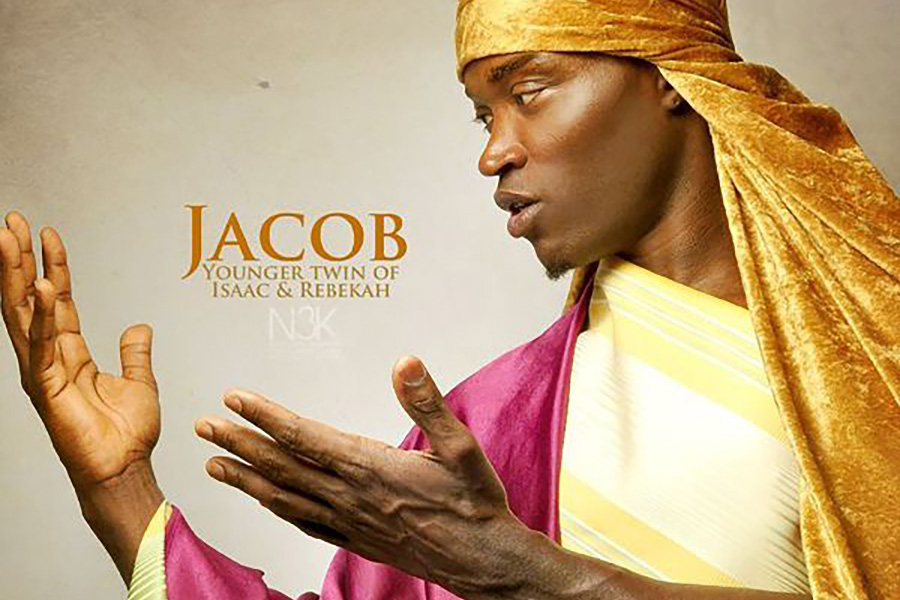
Maps for 𐤉𐤏𐤒𐤁 / yaāqab
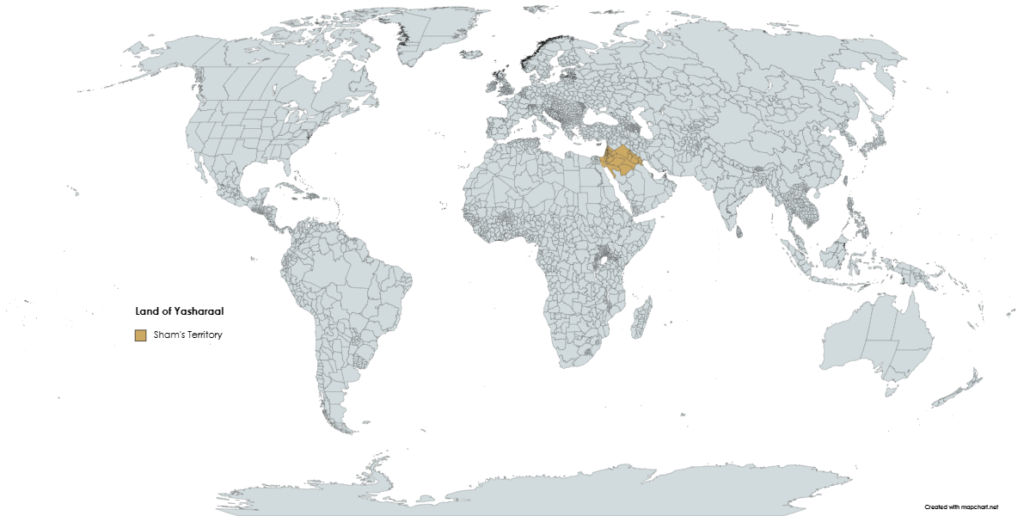
Definitions for /
When adding the 𐤉 (yad) to the end of a word, it creates a possessive of the original word. It can either signify “my…” or identify a member of a nation. For example, 𐤏𐤁𐤓 (Ābar) is the progenitor, but 𐤏𐤁𐤓𐤉 (Ābaray) is the singular descendant of him also known as a Hebrew.
| Language | Word | Transliteration | Pronunciation | Definition |
|---|---|---|---|---|
| Ābarayat | ||||
| English | ||||
| Hebrew | ||||
| Arabic | ||||
| Greek |
The Descendants
𐤉𐤔𐤓𐤀𐤋𐤉 (Yasharaalay) or Israelite are the descendants of 𐤉𐤔𐤓𐤀𐤋 (Yasharaal) and were a confederation of Iron Age 𐤔𐤌𐤉 (Shamay)-speaking tribes of the ancient Near East, who inhabited a part of 𐤊𐤍𐤏𐤍 (Kanaān) during the tribal and monarchic periods. 𐤉𐤔𐤓𐤀𐤋 (Yasharaal) had one 𐤁𐤕 (bat) and twelve 𐤁𐤍𐤉𐤌 (banayam) who would become tribes.
Each tribe would be given a specific role and duty within the community. Although related, the terms 𐤏𐤁𐤓𐤉 (Ābaray), 𐤉𐤔𐤓𐤀𐤋𐤉 (Yasharaalay) and 𐤉𐤄𐤅𐤃𐤄𐤉 (Yahauadahay) / 𐤉𐤄𐤉𐤃𐤄𐤉 (Yahayadahay) are not interchangeable in all instances. However, due to the disobedience of the tribal ancestors, the tribes are currently in diaspora and undergoing curses and awakening as mentioned in the scriptures.
Images for /
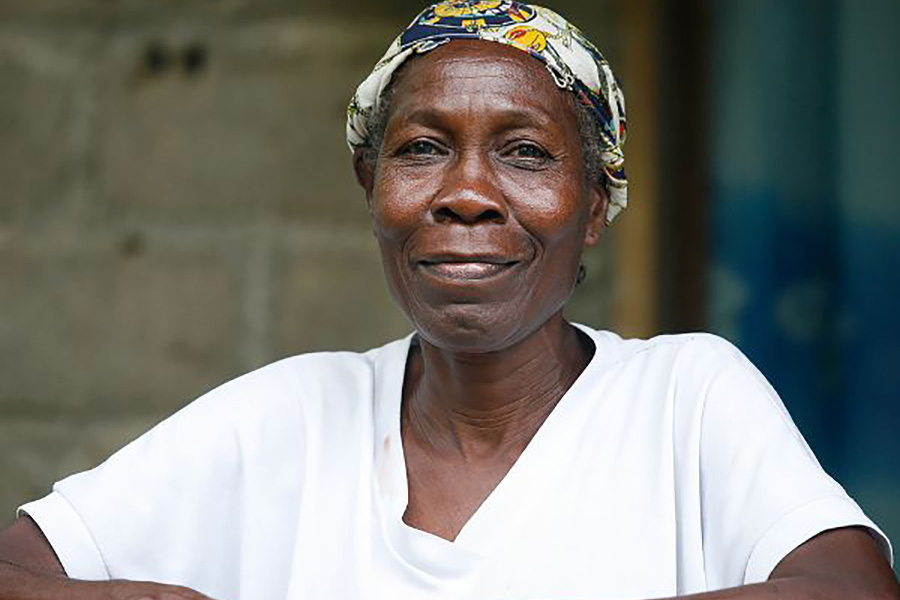
𐤋𐤅 (Lau) / 𐤋𐤅𐤉 (Lauay)
𐤋𐤅𐤉𐤌 (Lauayam) / 𐤋𐤅𐤉𐤉𐤌 (Lauayayam)
Southern Kingdom
Haitians (IUIC)
Trans-Atlantic Blacks (The God Culture)
Afro-American Aborigines (Misc)
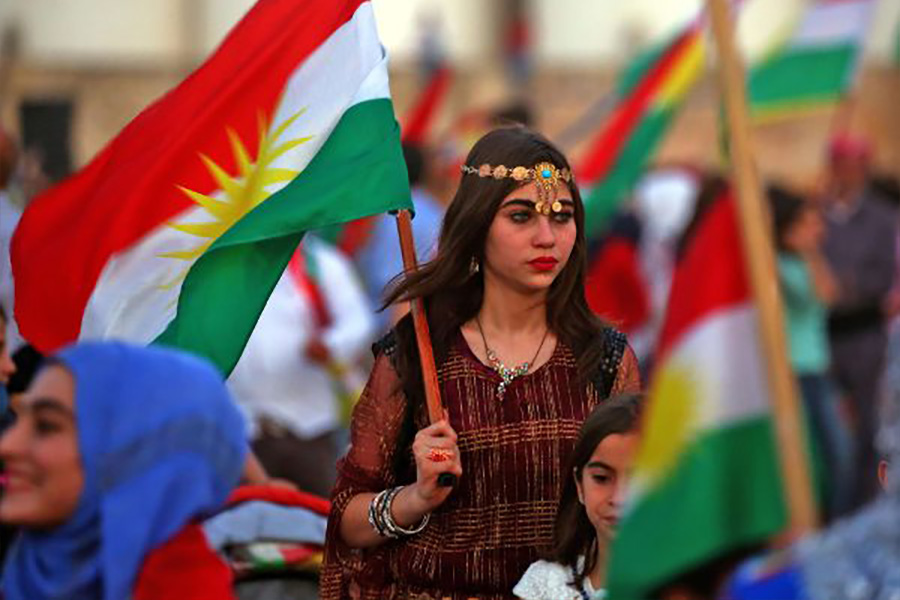
𐤋𐤅 (Lau) / 𐤋𐤅𐤉 (Lauay)
𐤋𐤅𐤉𐤌 (Lauayam) / 𐤋𐤅𐤉𐤉𐤌 (Lauayayam)
Northern Kingdom
Haitians (IUIC)
Filipinos, and Kurds (The God Culture)
Afro-American Aborigines (Misc)

𐤉𐤄𐤅𐤃𐤄𐤉 (Yahauadah) / 𐤉𐤄𐤉𐤃𐤄𐤉 (Yahayadah)
𐤉𐤄𐤅𐤃𐤄𐤉𐤌 (Yahauadahayam) / 𐤉𐤄𐤉𐤃𐤄𐤉𐤌 (Yahayadahayam)
Southern Kingdom
American Blacks/Negroes (IUIC)
Trans-Atlantic Blacks (The God Culture)
Afro-American Aborigines (Misc)
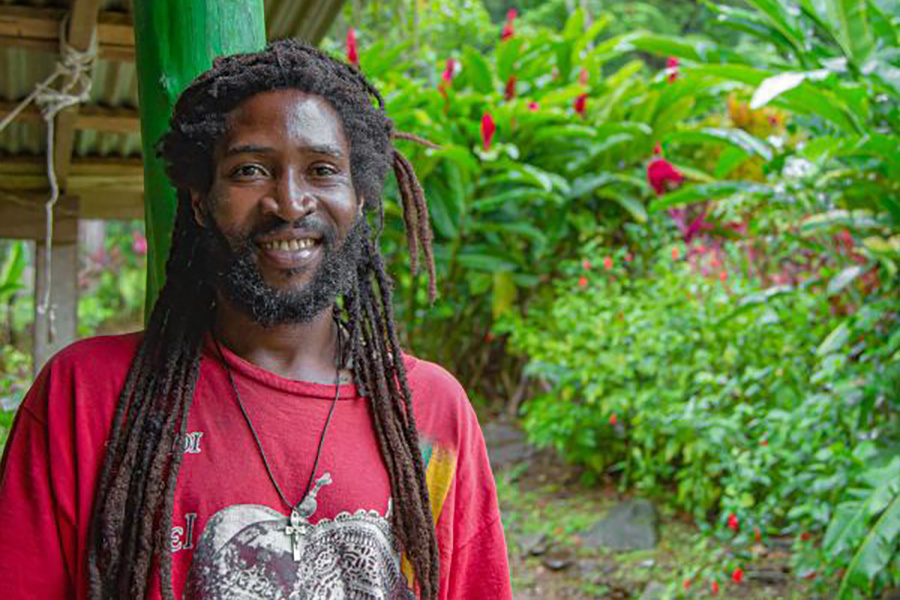
𐤁𐤍𐤉𐤌𐤉𐤍 (Banayamayan)
𐤁𐤍𐤉𐤌𐤉𐤍𐤉𐤌 (Banayamayanayam)
Southern Kingdom
Jamaican and the West Indies (IUIC)
Trans-Atlantic Blacks (The God Culture)
Afro-American Aborigines (Misc)
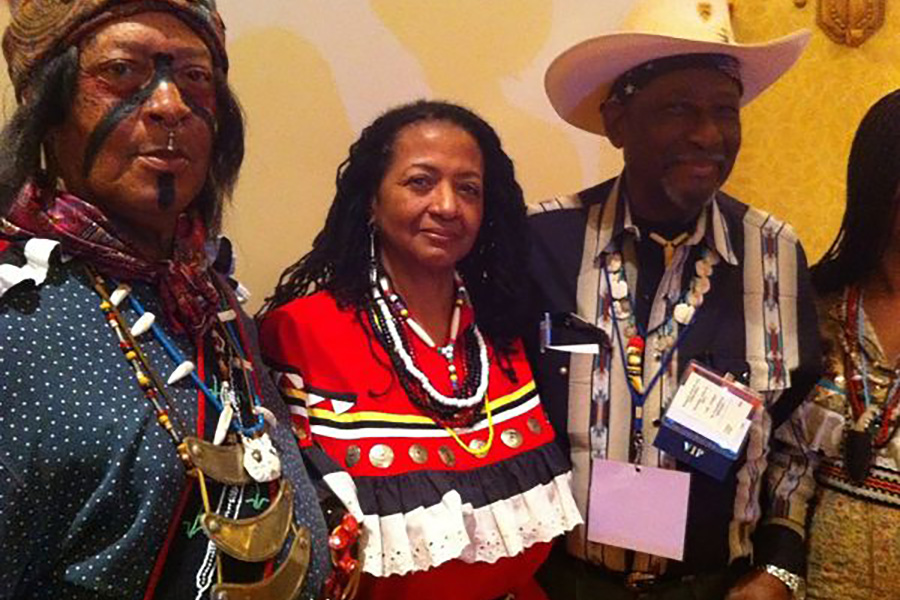
𐤓𐤀𐤅𐤁𐤍 (Raauaban)
𐤓𐤀𐤅𐤁𐤍𐤉𐤌 (Raauabanayam)
Northern Kingdom
Seminole and Muskogee Indians (IUIC)
Filipinos and Kurds (The God Culture)
Afro-American Aborigines (Misc)
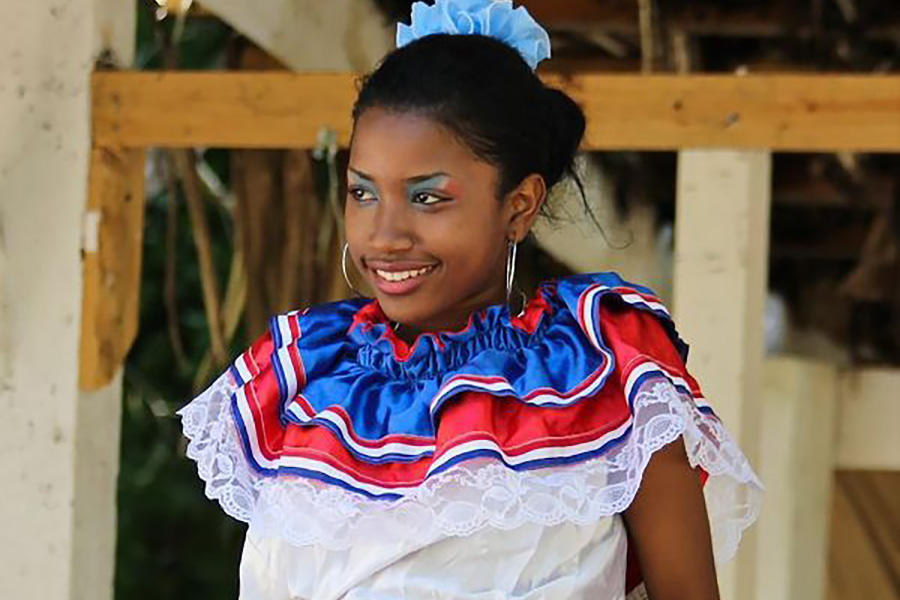
𐤔𐤌𐤏𐤅𐤍 (Shamaāuan)
𐤔𐤌𐤏𐤅𐤍𐤉𐤌 (Shamaāuanayam)
Northern Kingdom
Dominicans (IUIC)
Filipinos and Kurds (The God Culture)
Afro-American Aborigines (Misc)

𐤃𐤍 (Dan)
𐤃𐤍𐤉𐤌 (Danayam)
Northern Kingdom
Caribbean Indians also Arawaks (IUIC)
Filipinos and Kurds (The God Culture)
Afro-American Aborigines (Misc)
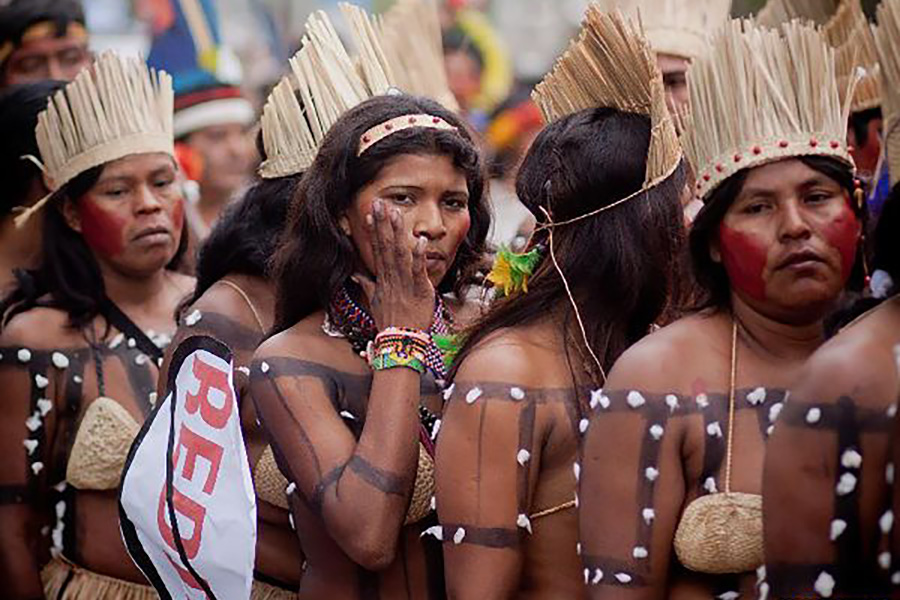
𐤍𐤐𐤕𐤋 (Naphatal) / 𐤍𐤐𐤕𐤋𐤉 (Naphatalay)
𐤍𐤐𐤕𐤋𐤉𐤌 (Naphatalayam) / 𐤍𐤐𐤕𐤋𐤉𐤉𐤌 (Naphatalayayam)
Northern Kingdom
Argentinean and Chilean (IUIC)
Filipinos and Kurds (The God Culture)
Afro-American Aborigines (Misc)
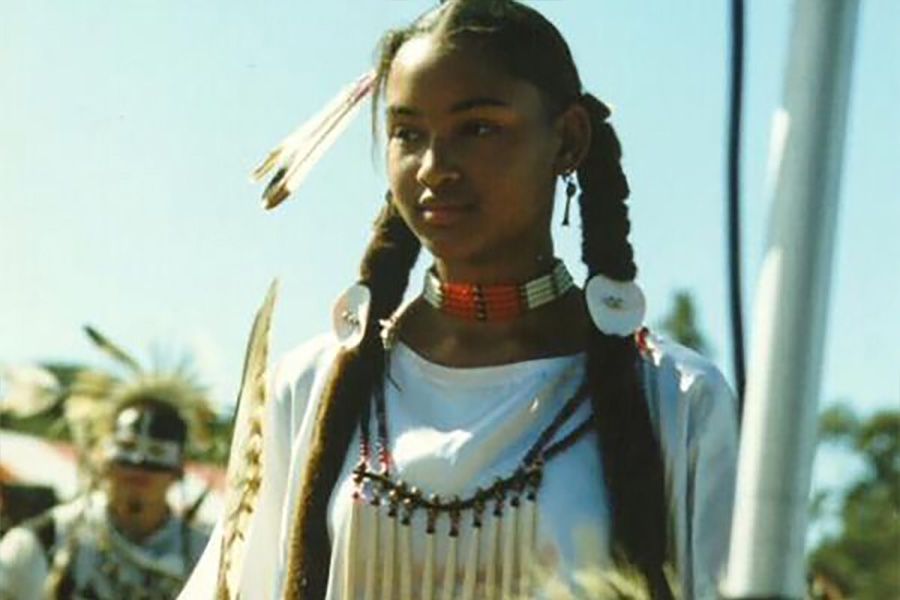
𐤂𐤃 (Gad)
𐤂𐤃𐤉𐤌 (Gadayam)
Northern Kingdom
North American Indians (IUIC)
Filipinos and Kurds (The God Culture)
Afro-American Aborigines (Misc)
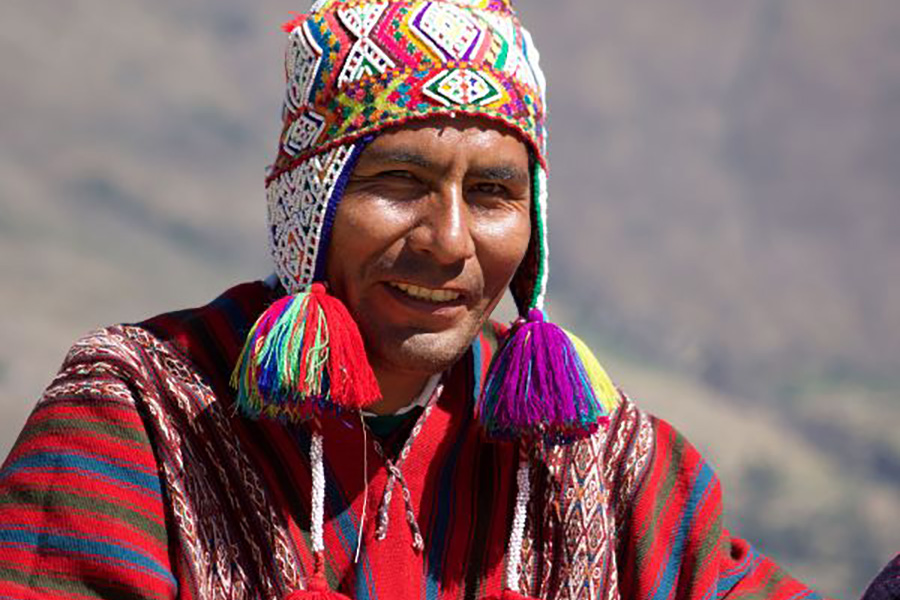
𐤀𐤔𐤓 (Ashar)
𐤀𐤔𐤓𐤉𐤌 (Asharayam)
Northern Kingdom
Incas aka Colombia to Uruguay (IUIC)
Filipinos and Kurds (The God Culture)
Afro-American Aborigines (Misc)

𐤉𐤔𐤔𐤊𐤓 (Yashashakar)
𐤉𐤔𐤔𐤊𐤓𐤉𐤌 (Yashashakarayam)
Northern Kingdom
Aztecs aka Mexicans (IUIC)
Filipinos and Kurds (The God Culture)
Afro-American Aborigines (Misc)
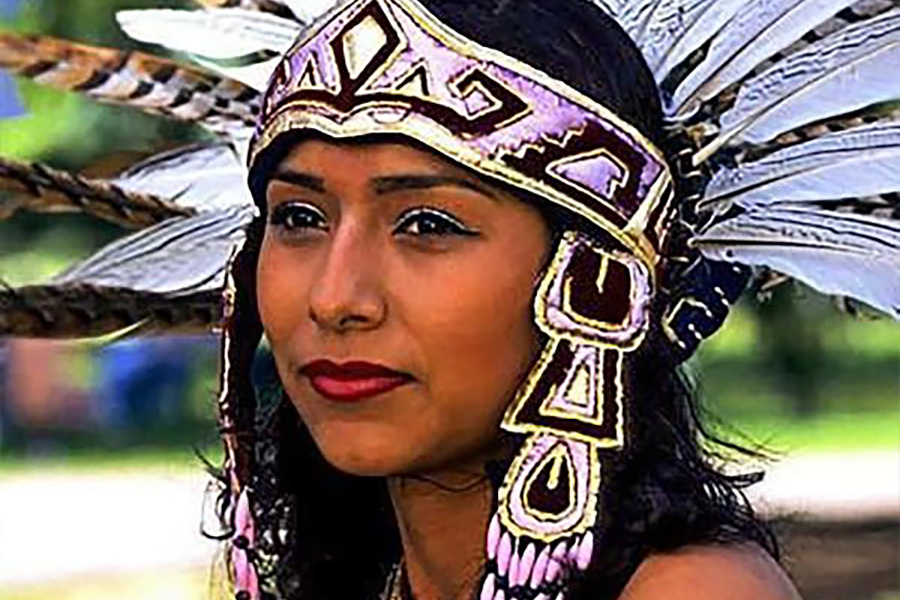
𐤆𐤁𐤅𐤋𐤅𐤍 (Zabaualauan)
𐤆𐤁𐤅𐤋𐤅𐤍𐤉𐤌 (Zabaualauanayam)
Northern Kingdom
Mayans aka Guatemalans (IUIC)
Filipinos and Kurds (The God Culture)
Afro-American Aborigines (Misc)

𐤀𐤐𐤓 (Aphar) of 𐤉𐤅𐤎𐤐 (Yauasaph)
𐤀𐤐𐤓𐤉𐤌 (Apharayam) of 𐤉𐤅𐤎𐤐𐤉𐤌 (Yauasaphayam)
Northern Kingdom
Tainos aka Puerto Ricans (IUIC)
Filipinos and Kurds (The God Culture)
Afro-American Aborigines (Misc)

𐤌𐤍𐤔𐤄 (Manashah) of 𐤉𐤅𐤎𐤐 (Yauasaph)
𐤌𐤍𐤔𐤄𐤉𐤌 (Manashahayam) of 𐤉𐤅𐤎𐤐𐤉𐤌 (Yauasaphayam)
Northern Kingdom
Tainos aka Cubans (IUIC)
Filipinos and Kurds (The God Culture)
Afro-American Aborigines (Misc)
Definitions for /
When adding the 𐤌 (mayam) after the 𐤉 (yad) to the end of a word, it creates a plural of the original word. It can identify multiple members of a nation. For example, 𐤏𐤁𐤓 (Ābar) is the progenitor, but 𐤏𐤁𐤓𐤉𐤌 (Ābarayam) are the plural descendants of him also known as Hebrews.
| Language | Word | Transliteration | Pronunciation | Definition |
|---|---|---|---|---|
| Ābarayat | ||||
| English | ||||
| Hebrew | ||||
| Arabic | ||||
| Greek |
Images for /


Definitions for /
When adding the 𐤕 (tau) after the 𐤉 (yad) to the end of a word, it creates a plural of the original word. It identifies the language or a sign of a nation’s existence. For example, 𐤏𐤁𐤓 (Ābar) is the progenitor, but 𐤏𐤁𐤓𐤉𐤕 (Ābarayat) is the language of him also known as Paleo-Hebrew language.
| Language | Word | Transliteration | Pronunciation | Definition |
|---|---|---|---|---|
| Ābarayat | ||||
| English | ||||
| Hebrew | ||||
| Arabic | ||||
| Greek |
Images for /
| Character | Name | Transliteration | Pronunciation |
|---|---|---|---|
| 𐤀 | alaph | a | ah |
| 𐤁 | bayat | b | ba |
| 𐤂 | gamal | g | ga |
| 𐤃 | dalat | d | da |
| 𐤄 | haa | h | ha |
| 𐤅 | uatad | u | ua |
| 𐤆 | zan | z | za |
| 𐤇 | khat | kh | kha |
| 𐤈 | thanaa | th | tha |
| 𐤉 | yad | y | ya |
| 𐤊 | kaph | k | ka |
| 𐤋 | lamad | l | la |
| 𐤌 | mayam | m | ma |
| 𐤍 | nauan | n | na |
| 𐤎 | samak | s | j |
| 𐤏 | āyan | ā | ā |
| 𐤐 | phaah | ph | pha |
| 𐤑 | tsad | ts | tsa |
| 𐤒 | qauaph | q | qa |
| 𐤓 | raash | r | ra- |
| 𐤔 | shan | sh | sha |
| 𐤕 | tau | t | ta |
Classification
You can continue your studies of the words by viewing Strong’s entries for:




